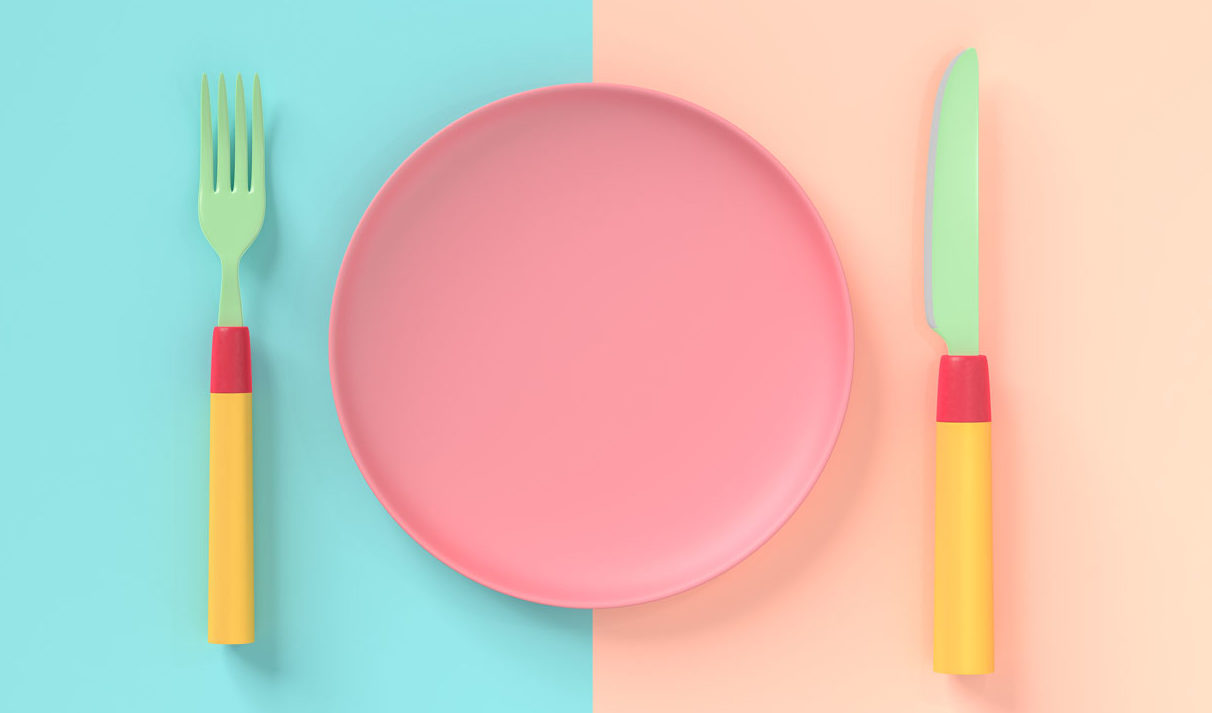Expecting
7 min Read
Nutrition for a healthy pregnancy

June 2, 2014
Expecting
7 min Read

June 2, 2014

 “Eating for two” doesn’t simply refer to the quantity of food that you consume, but also to the fact that your baby eats what you eat, making nutritious food choices very important. A balanced diet of healthy, wholesome foods will greatly support your baby’s growth and development to help him hit important milestones along the way.
“Eating for two” doesn’t simply refer to the quantity of food that you consume, but also to the fact that your baby eats what you eat, making nutritious food choices very important. A balanced diet of healthy, wholesome foods will greatly support your baby’s growth and development to help him hit important milestones along the way.
Adequate intake of important nutrients is key to a healthy pregnancy and a healthy baby. Here are some important nutrients to make sure you get enough of:
Why is it important?
DHA is a key building block of your baby’s rapidly developing brain. Many scientists believe that DHA is most important for babies when the brain is rapidly developing—from the last trimester of pregnancy through the second year of life. During this crucial phase, babies need a good supply of fats for growth. Your baby’s brain contains Omega-3 fat and most of that fat is DHA.
How much do I need?
Experts recommend* pregnant women should consume at least 200 mg of DHA a day.
* AFSSA (2010). “Opinion of the French Food Safety Agency on the update of French population reference intakes (ANCs) for fatty acids.”; FAO (2010). Fats and fatty acids in human nutrition: report of an expert consultation. Rome: 1-189; Brenna, J. T. and A. Lapillonne (2009). “Background paper on fat and fatty acid requirements during pregnancy and lactation.” Ann Nutr Metab 55(1-3): 97-122; Simopoulos, A. P., A. Leaf, et al. (1999). “Workshop on the Essentiality of and Recommended Dietary Intakes for Omega-6 and Omega-3 Fatty Acids.” J Am Coll Nutr 18(5): 487-489.
Where can I get it?
Your baby gets DHA from the foods you eat while pregnant. But the amount of DHA your baby gets depends on how much is in your diet. To increase the amount of DHA your baby gets, try adding more fatty fish to your diet such as salmon or Atlantic mackerel, sardines, herring or eating foods like DHA-enriched eggs. You might also talk to your doctor about a DHA supplement.
Vary the types of fish you eat and follow advice from Health Canada to limit your exposure to environmental contaminants such as mercury. Shark, swordfish, marlin, orange roughy, escolar and fresh and frozen tuna tend to contain higher levels of mercury.
Learn more about The Big Deal about DHA.
Why is it important?
Folic acid is extremely important to your baby’s development. It is so important for a healthy pregnancy that doctors recommend women start taking it even before conception.
Folic acid:
How much do I need?
Since it is difficult to get enough folate from food alone, Health Canada recommends taking a multivitamin containing 400 µg (0.4 mg) of folic acid every day at least 3 months before you get pregnant and continue throughout your pregnancy. While pregnant it is recommended you get 600 µg of folic acid per day. Make sure your supplement also contains vitamin B12. Talk to your doctor or dietitian about which supplement is right for you.
Where can I get it?
In addition to taking your multivitamin, make an effort to eat more foods that are good sources of folate such as:
Tips:
Why is it important?
Iron is an essential nutrient at every stage of life.
Iron:
How much do I need?
During your pregnancy, your iron needs increase by 50%. This is because your blood volume increases dramatically to accommodate the growing nutritional needs of your baby.
While pregnant, doctors recommend you get 27 mg of iron per day.
To complement the iron you get from food, Health Canada recommends a daily multivitamin with 16-20 mg of iron throughout your pregnancy will help you have a healthy pregnancy. Check with your doctor or dietitian to ensure that your multivitamin contains the right amount of iron for you.
Where can I get it?
Tips:
Why is it important?
Calcium:
How much do I need?
During pregnancy, doctors recommend you get 1000-1300 mg of calcium per day.
Where can I get it?
Tips:
Why is it important?
Vitamin D:
How much do I need?
The dietary reference intake for pregnant women is 600 IU (15 µg) of vitamin D per day.
Because vitamin D is found in relatively few foods, but has so many important functions, talk to your doctor about whether or not you need more than 600 IU/day.
Where can I get it?
Your skin makes vitamin D from exposure to sunlight. Vitamin D occurs naturally in only a few foods (fatty fish, sun dried shiitake mushrooms) so it’s best to look for foods that have been fortified with vitamin D:
Make Healthy Food Choices
For expert advice and pertinent information for everything “baby” watch this Enfamil Amazing Milestone video – What Do You Need to Eat When you’re Pregnant?
This episode is all about food — what to eat, what not to eat, how much to eat and how to eat a balanced diet during pregnancy.
 |
Brought to you by Enfamil Canada. Sign up for Enfamil Family Beginnings and get over $160 in coupons, samples and special offers! |